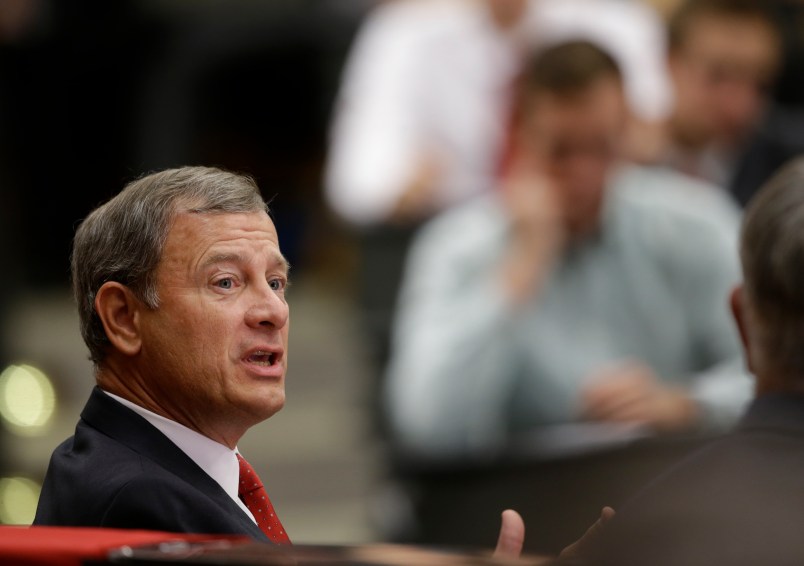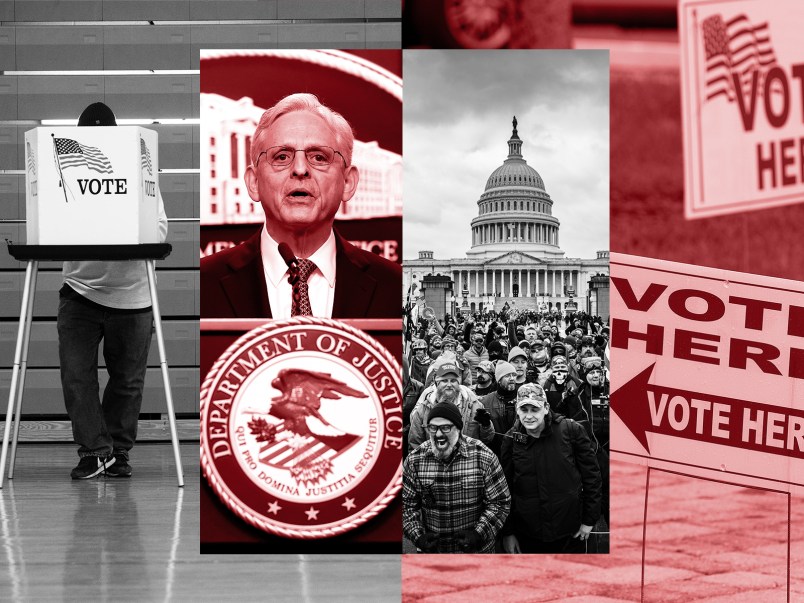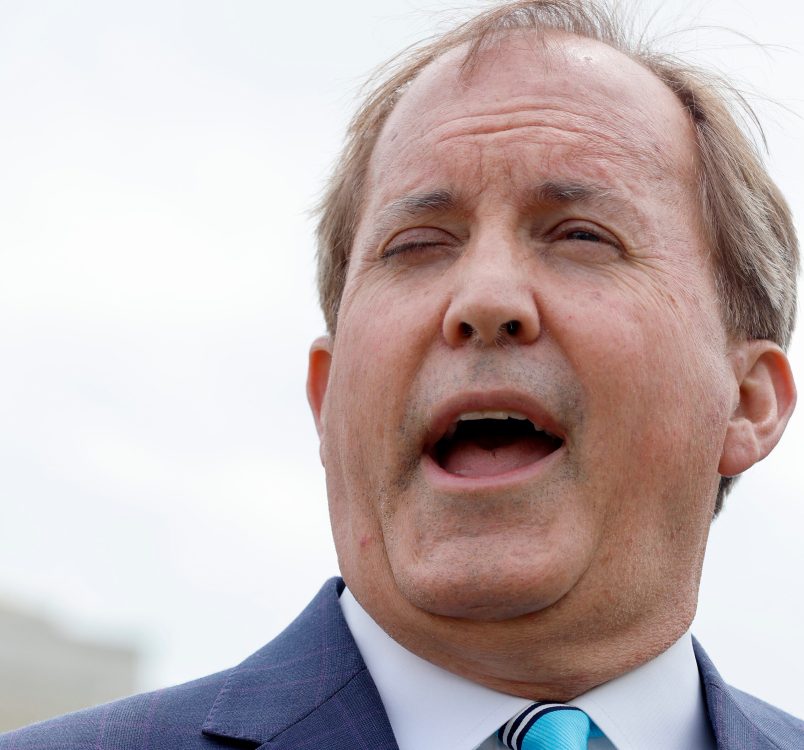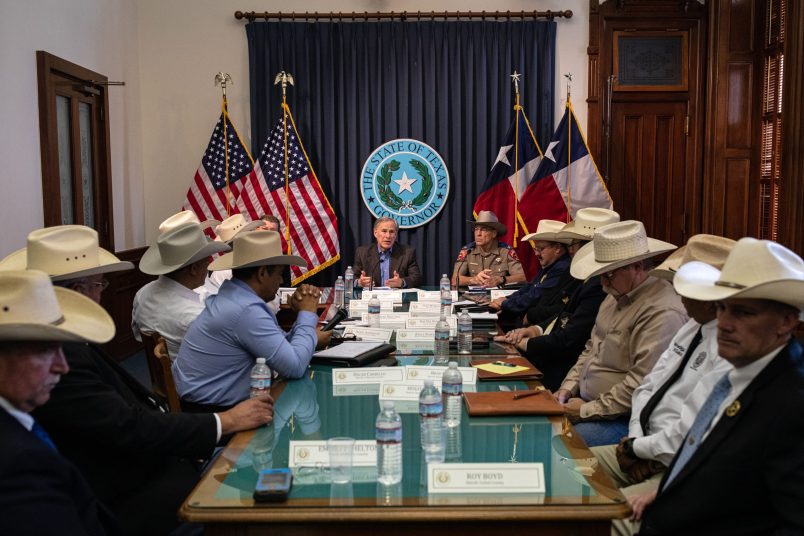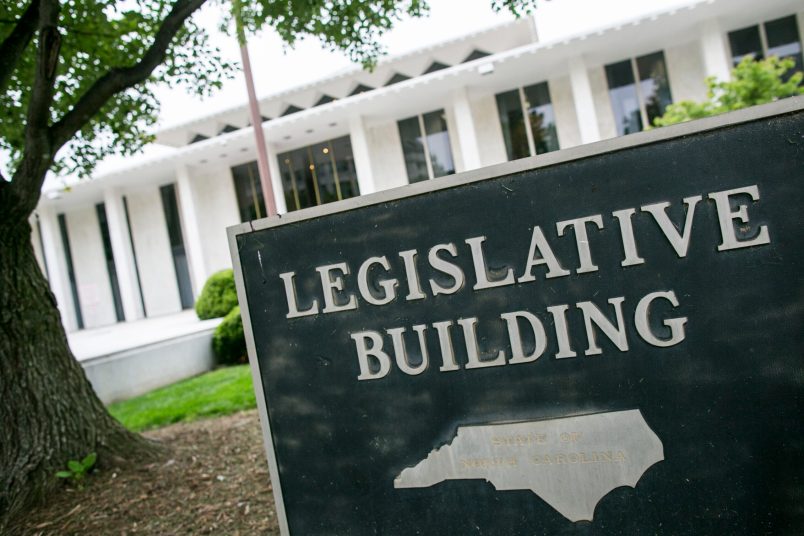In voting to uphold Obamacare Thursday, the Supreme Court preserved health care insurance for millions of Americans, ended what is likely the last major legal challenge to the core elements of the president’s signature legislative achievement, and bitterly disappointed conservatives who saw this case as the last best hope for mortally wounding the sprawling health care reform law.
Adding insult to injury, it was Chief Justice John Roberts who joined with Justice Anthony Kennedy and the four liberal justices in the majority in King v. Burwell. Roberts authored the opinion himself in a case which was tailor-made by conservative legal activists to undermine Obamacare. Their challenge centered on a four-word phrase in the statute that the challengers said invalidated the subsidies offered to consumers in the states where insurance exchanges were operated by the federal government. Had the challengers prevailed, the subsidies for certain consumers in 34 states with federal exchanges would have been invalidated, insurance markets would have been massively disrupted in each of those states, and the Republican-controlled Congress would have tried to use the decision as leverage to force concessions from the President in future negotiations over Obamacare.
Other than that, no big deal.
Here’s the rationale Roberts and the majority fashioned for upholding the Obamacare subsidies:
The economics of health policy mattered to the Supreme Court.
Roberts relied heavily on health policy economics in his opinion, laying out what he saw as the three major and interlocking reforms Congress sought in passing the Affordable Care Act.
First, he said that Obamacare established new requirements for insurers, such as barring them from excluding consumers from coverage or charging them higher premiums on the basis of their health. The second key reform, Roberts said, was to mandate that individuals purchase insurance or pay the IRS. Thirdly, Roberts said the law made coverage more affordable for consumers at lower-income levels by offering tax credits to help them purchase insurance.
“These three reforms are closely intertwined,” Roberts wrote, noting they all went into effect the same day in 2014. “Congress found that the guaranteed issue and community rating requirements would not work without the coverage requirement. And the coverage requirement would not work without the tax credits. The reason is that, without the tax credits, the cost of buying insurance would exceed eight percent of income for a large number of individuals, which would exempt them from the coverage requirement.”
He also delved in to the history of past reforms — the failures of efforts by some states in the 1990s as well as Massachusetts’s success in the 2000s — to show the problems in previous attempts that Congress sought to correct with the Affordable Care Act.
‘Established by the State’ was ambiguous in the context of the statute as whole.
The challengers had a “strong” case looking at the four words on their own, Roberts conceded, but the larger context of the law compelled the court “to depart from what would otherwise be the most natural reading of the pertinent statutory phrase.”
To do so, Roberts looked elsewhere in the law, where Congress instructed the secretary of Health and Human Services establish an exchange if the state failed to do so, using the phrase “such exchange”
“In other words, State Exchanges and Federal Exchanges are equivalent—they must meet the same requirements, perform the same functions, and serve the same purposes,” Roberts wrote. “Although State and Federal Exchanges are established by different sovereigns, Sections 18031 and 18041 do not suggest that they differ in any meaningful way.”
Roberts pointed to other language in the law that instructed that IRS to make subsidies available to all qualified individuals, not making a distinction between state and federal exchanges
“The upshot of all this is that the phrase ‘an Exchange established by the State under [42 U. S. C. §18031]’ is properly viewed as ambiguous. The phrase may be limited in its reach to State Exchanges,” Roberts wrote. “But it is also possible that the phrase refers to all Exchanges—both State and Federal—at least for purposes of the tax credits.”
The challengers’ interpretation was at odds with Obamacare’s purpose.
If those four words meant what the challengers said they meant, it would render the main reforms in the law meaningless, Roberts said.
“Here, the statutory scheme compels us to reject petitioners’ interpretation because it would destabilize the individual insurance market in any State with a Federal Exchange, and likely create the very ‘death spirals’ that Congress designed the Act to avoid,” Roberts wrote.
If those consumers using federally-run exchanges were denied subsidies, a large majority of them would become exempt from the coverage mandate, meaning that two of the three reforms Roberts outlined would no longer have any teeth in states with federal exchanges, the chief justice noted.
The availability of the subsidies in exchanges everywhere is core to the law.
Roberts highlighted numerous studies that showed that premiums would rise substantially if subsidies were denied to those in federally-run exchanges, and consequently participation by healthy consumers would decline.
“And those effects would not be limited to individuals who purchase insurance on the Exchanges,” Roberts said. “Because the Act requires insurers to treat the entire individual market as a single risk pool, 42 U. S. C. §18032(c)(1), premiums outside the Exchange would rise along with those inside the Exchange.”
He concluded, “It is implausible that Congress meant the Act to operate in this manner,” and even cited the dissent Justice Antonin Scalia wrote in the previous major case that upheld Obamacare. Scalia wrote in 2012, “Without the federal subsidies . . . the exchanges would not operate as Congress intended and may not operate at all.”
The Supreme Court made it hard for a future Republican president to make mischief.
Many court watchers expected the principle of deference that is enshrined in Chevron — a Supreme Court decision that gives primacy to an agency’s interpretation of an ambiguous statute — to play a role in the King v. Burwell decision. However, Roberts side-stepped that argument entirely, even as a lower court had invoked Chevron in its ruling against the challengers.
Roberts argued that for Chevron to be considered, one would have to assume that Congress had implicitly delegated the interpretation of law’s provision to an agency, but that in some cases, there’s reason to doubt Congress intended that delegation.
“This is one of those cases. The tax credits are among the Act’s key reforms, involving billions of dollars in spending each year and affecting the price of health insurance for millions of people,” Roberts wrote. “Whether those credits are available on Federal Exchanges is thus a question of deep ‘economic and political significance’ that is central to this statutory scheme; had Congress wished to assign that question to an agency, it surely would have done so expressly.”
He further noting it was unlikely that Congress would have left such a vital aspect of a health care law up to the interpretation of the IRS, which has limited experience in health care policy.
While some were disappointed to see the role of Chevron diminished, Roberts’ reasoning that it does not apply means that future administrations, particularly Republican administrations, will have little leeway to interpret the subsidy language any differently than Roberts did.





